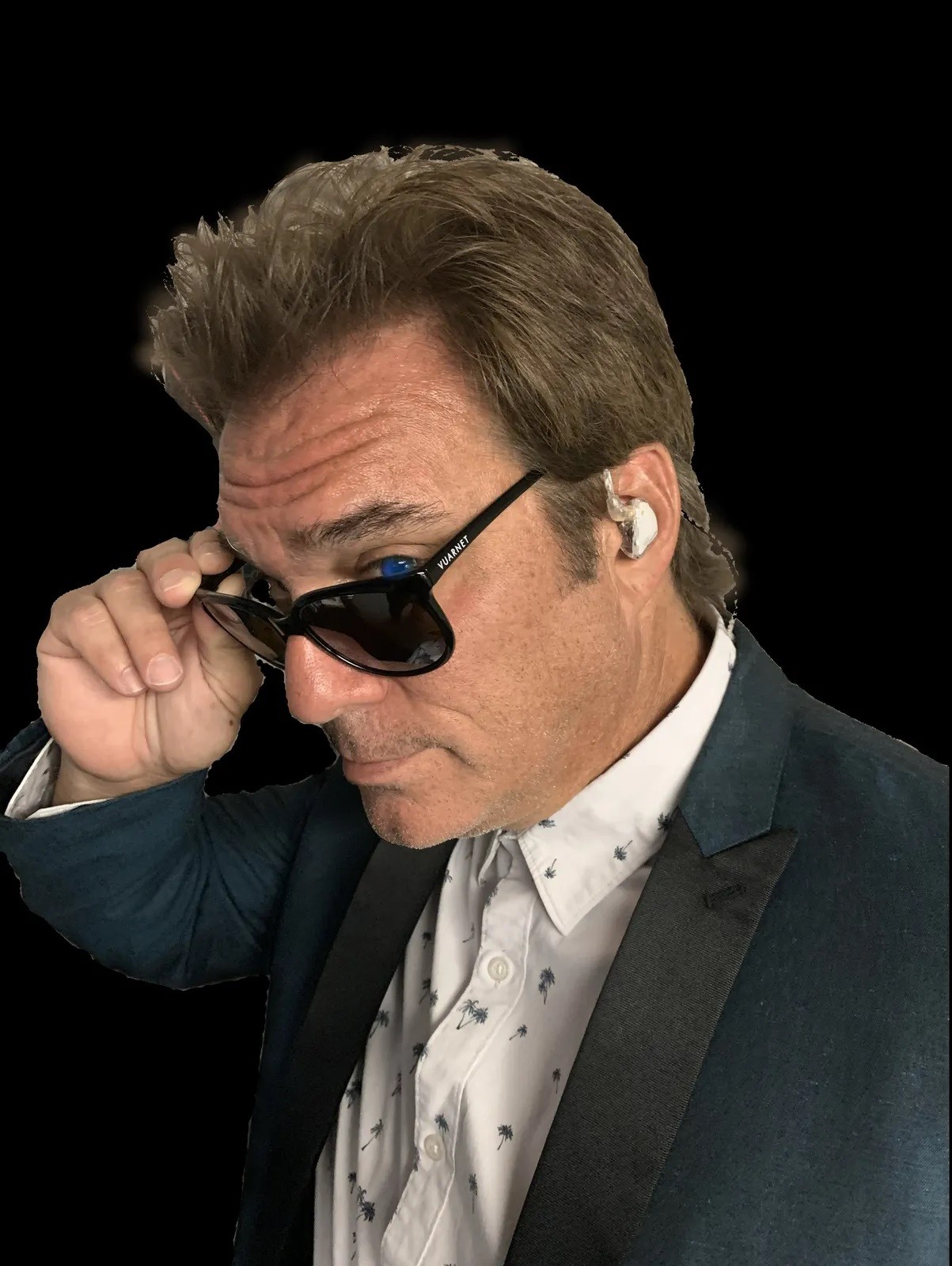Alright – so today we’ve got the honor of introducing you to Roger Langdon. We think you’ll enjoy our conversation, we’ve shared it below.
Roger, appreciate you joining us today. It’s always helpful to hear about times when someone’s had to take a risk – how did they think through the decision, why did they take the risk, and what ended up happening. We’d love to hear about a risk you’ve taken.
For most of my professional life, I had been making a comfortable living in the new home construction industry in Southern California. While I was “dabbling” in musical endeavors, I never saw it as a primary means of income. It was always a “side hustle.” In 2008, the economy took a severe downturn and hit the new home market particularly hard. I, along with many of my professional colleagues, found ourselves out of work and desperate to find something stable. I bounced around with a couple of small companies, making a fraction of what I was making. It was then that I realized that I was in a position to make a complete change and focus on my “side hustle.” My rationale being, “If I’m only going to make a fraction, I may as well make 100% of that fraction in my own business rather than supporting someone else’s company.”
It was a struggle, but my wife and family were incredibly supportive, and it ultimately paid off. Looking back, I realize that had I not been forced into a crossroad decision point, I may have never made the transition from employee to owner.
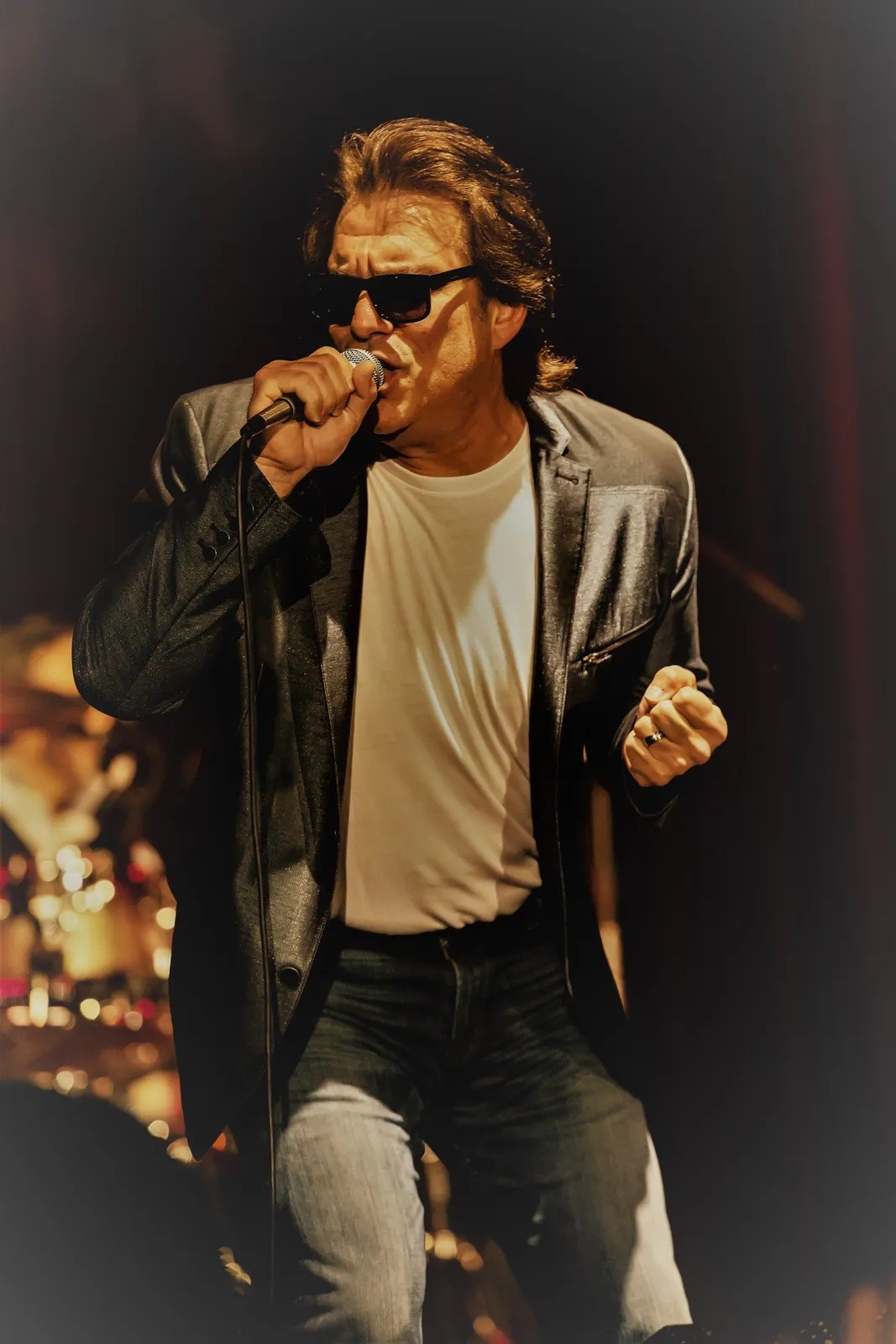

Roger, love having you share your insights with us. Before we ask you more questions, maybe you can take a moment to introduce yourself to our readers who might have missed our earlier conversations?
In 2005, I formed a variety cover band with the intention of booking local clubs and casinos. Nothing big, just a side hustle kind of thing. In 2008, my full-time industry took a severe economic downturn and so I decided to focus full time on the music. My goal shifted from local clubs to higher end venues and events. In retrospect, my sales and marketing background was a huge asset as I was able to parlay that knowledge to market my band to higher quality clients and set ourselves apart from many of the music artists who didn’t market themselves particularly strongly. Slowly but steadily, my music career moved forward.
In late 2012, I had seen the explosion of tribute bands and decided, along with my bandmate and older brother to form a tribute band of our own. After some discussion and market research, we decided on a tribute to 80s music stars, Huey Lewis & The News. While that particular band wasn’t as remembered as many others from the 80s, it was my resemblance and ability to sound like Huey Lewis that sealed the deal. We decided that, while we may not be the most popular tribute band, we were going to be the most authentic. We aggressively targeted national venues that book only high quality tribute acts. Again, it was a slow process but within a few years, we had carved out our niche and our tribute act was working steadily year after year.
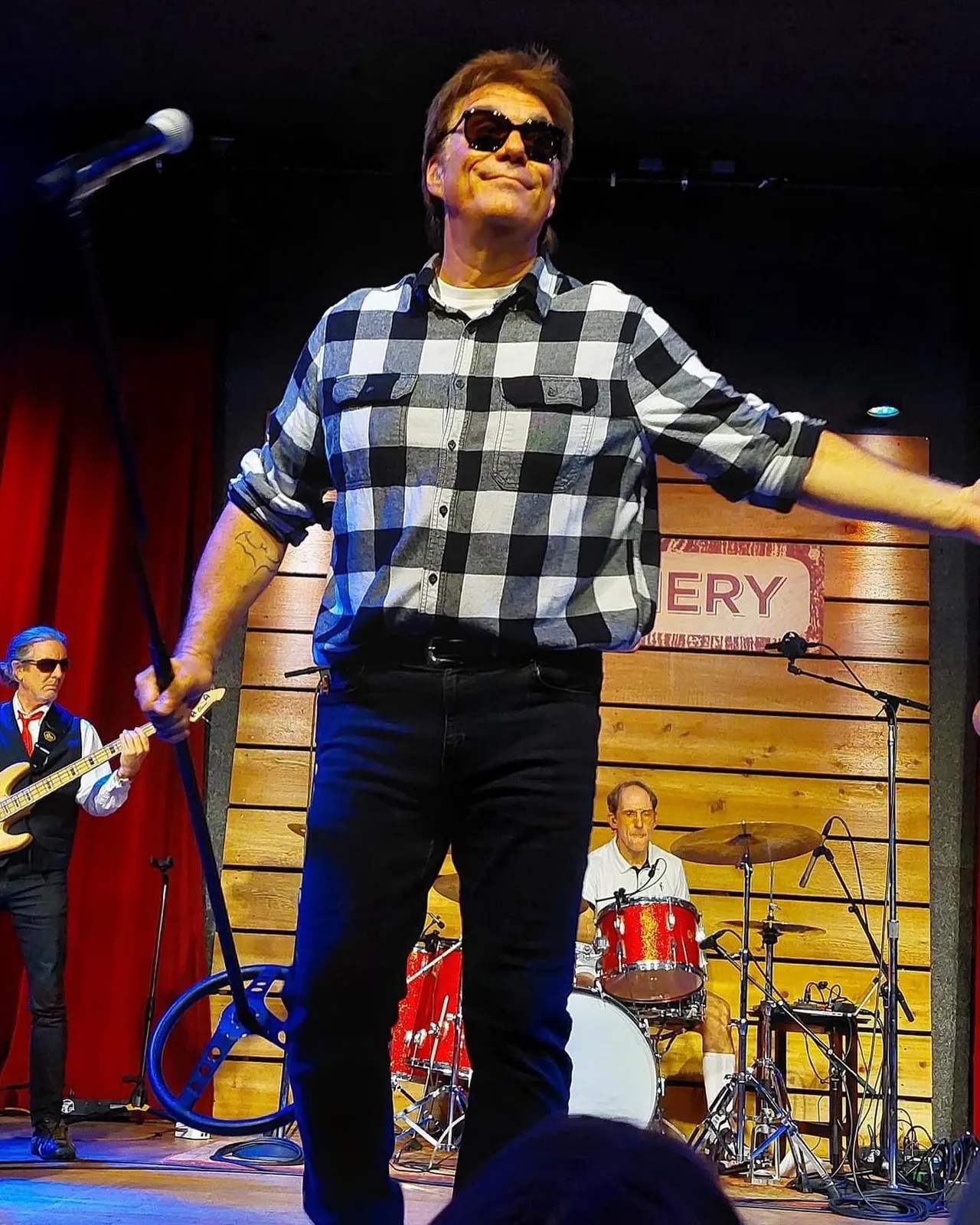
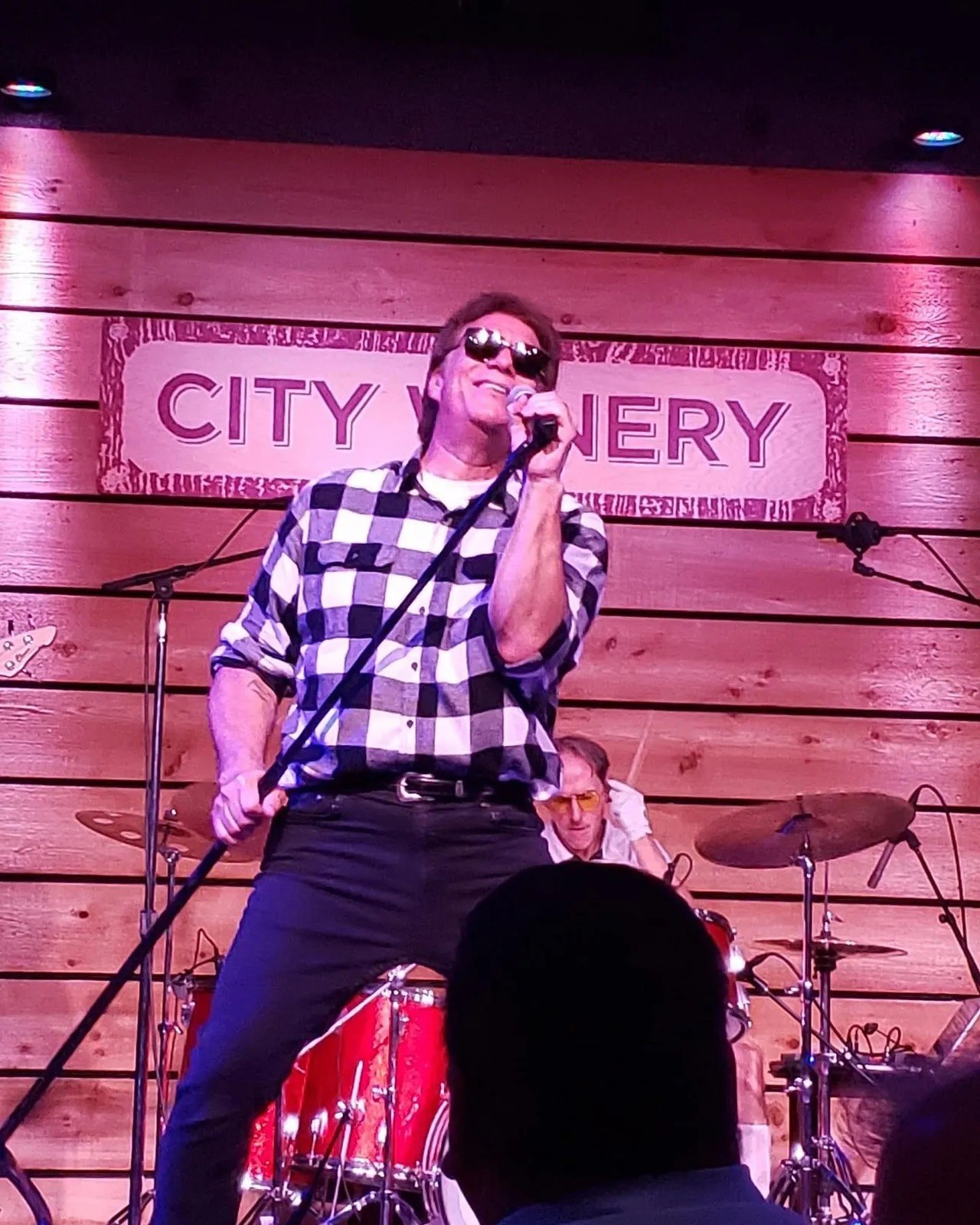
What do you think is the goal or mission that drives your creative journey?
To be the best at what I do, may sound cliche but it’s truly what motivates me. I mean that in an objectively motivated way. Meaning, I want every year to be busier than the year before. I want every show / event to be tighter that the show before. I want clients who book us repeatedly to always see something new that they didn’t see the last time. Those are all measurable metrics that I can refer to that quantify that progress is always being made. Both creatively and from a business standpoint.
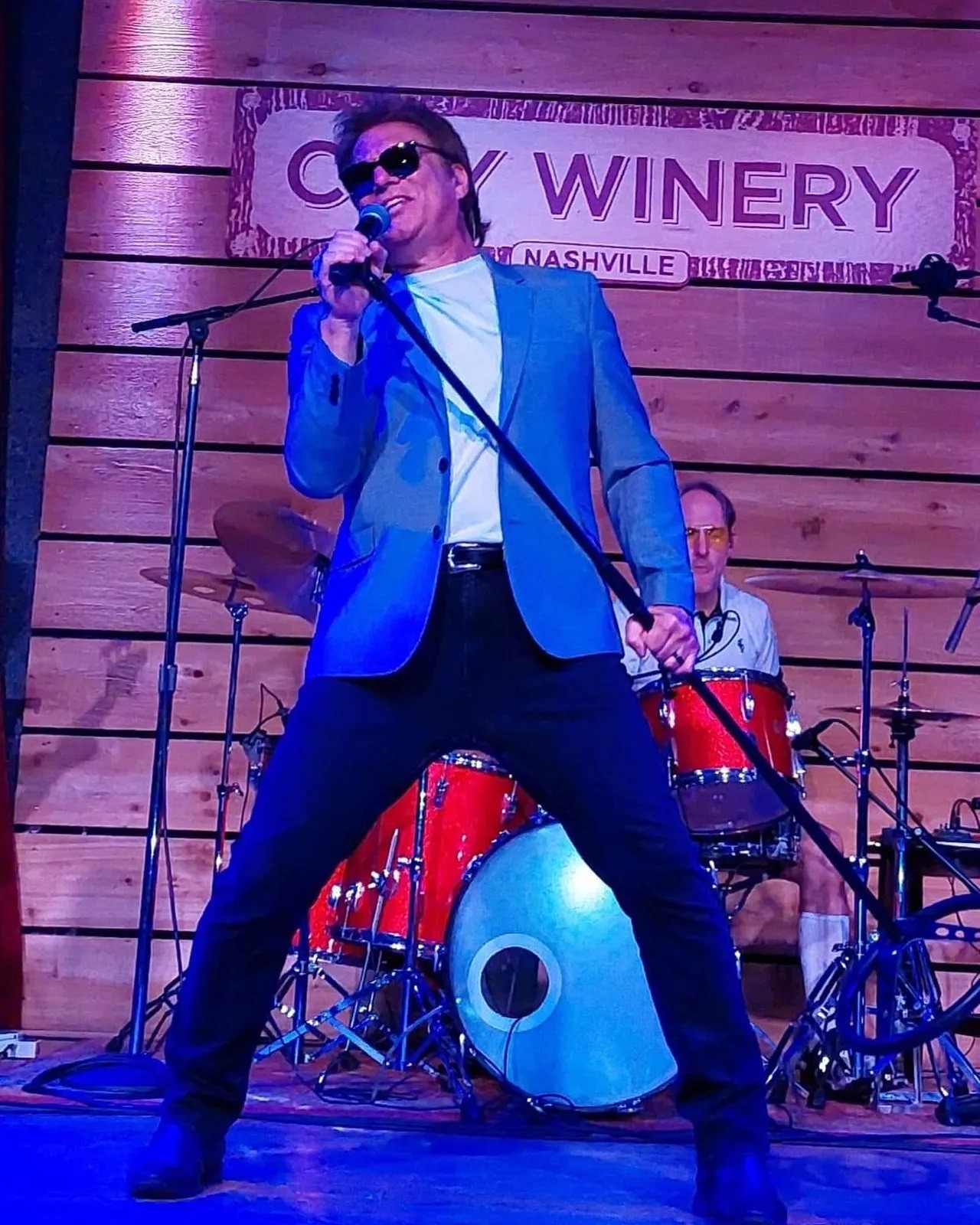
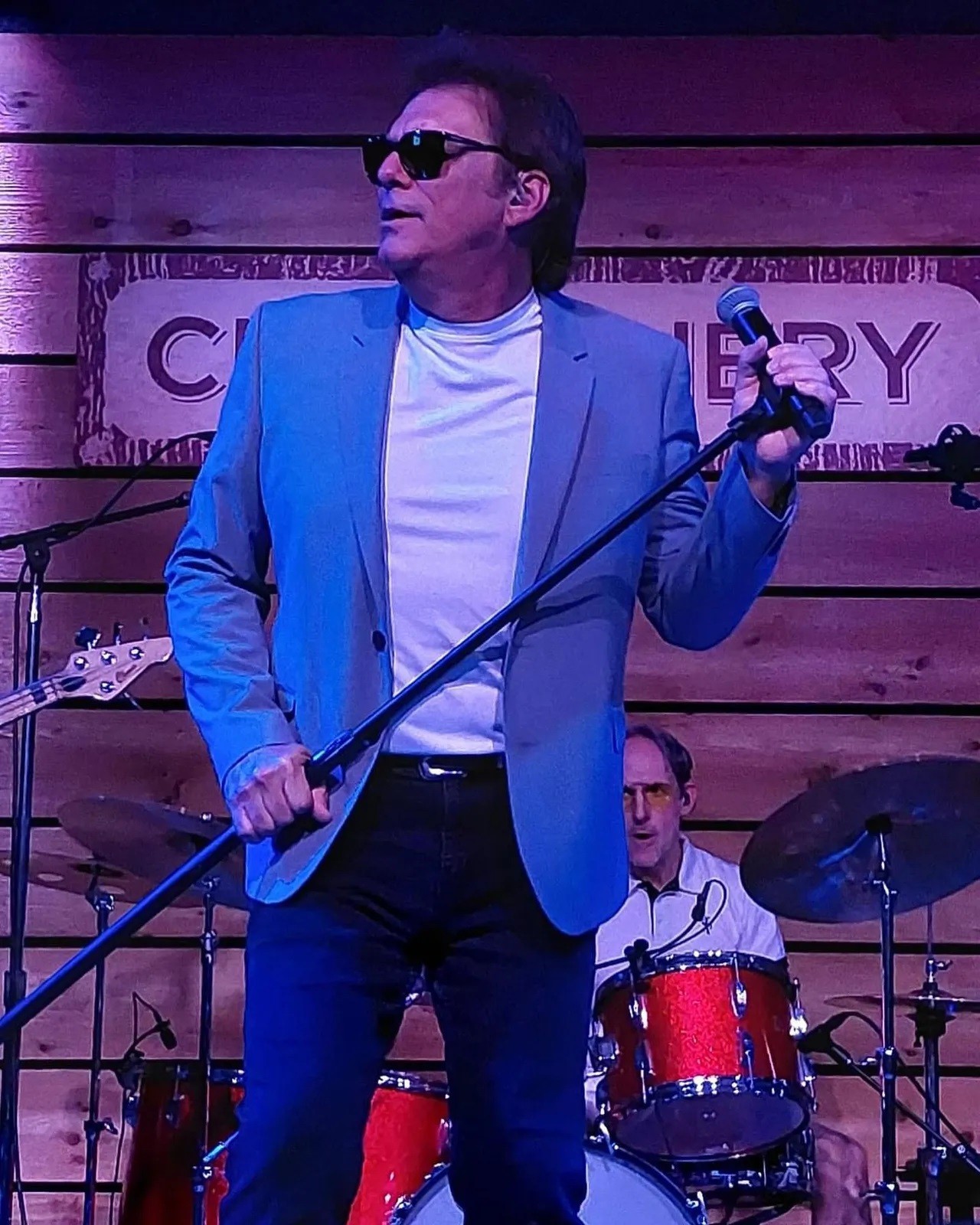
Is there something you think non-creatives will struggle to understand about your journey as a creative? Maybe you can provide some insight – you never know who might benefit from the enlightenment.
I’ve lived, thrived and toiled in both non-creative and creative worlds. What my experience has taught me is to approach both with the same goals and motivations. Creatives CANNOT only be that. On some level they must be nose to the grindstone determined to do the work that’s needed to move forward in their creative endeavor. On the flipside, non-creatives need to expand their focus and see that finding the creative, playful, expressive side of their career may just be the advantage that moves them ahead of others in their same field.
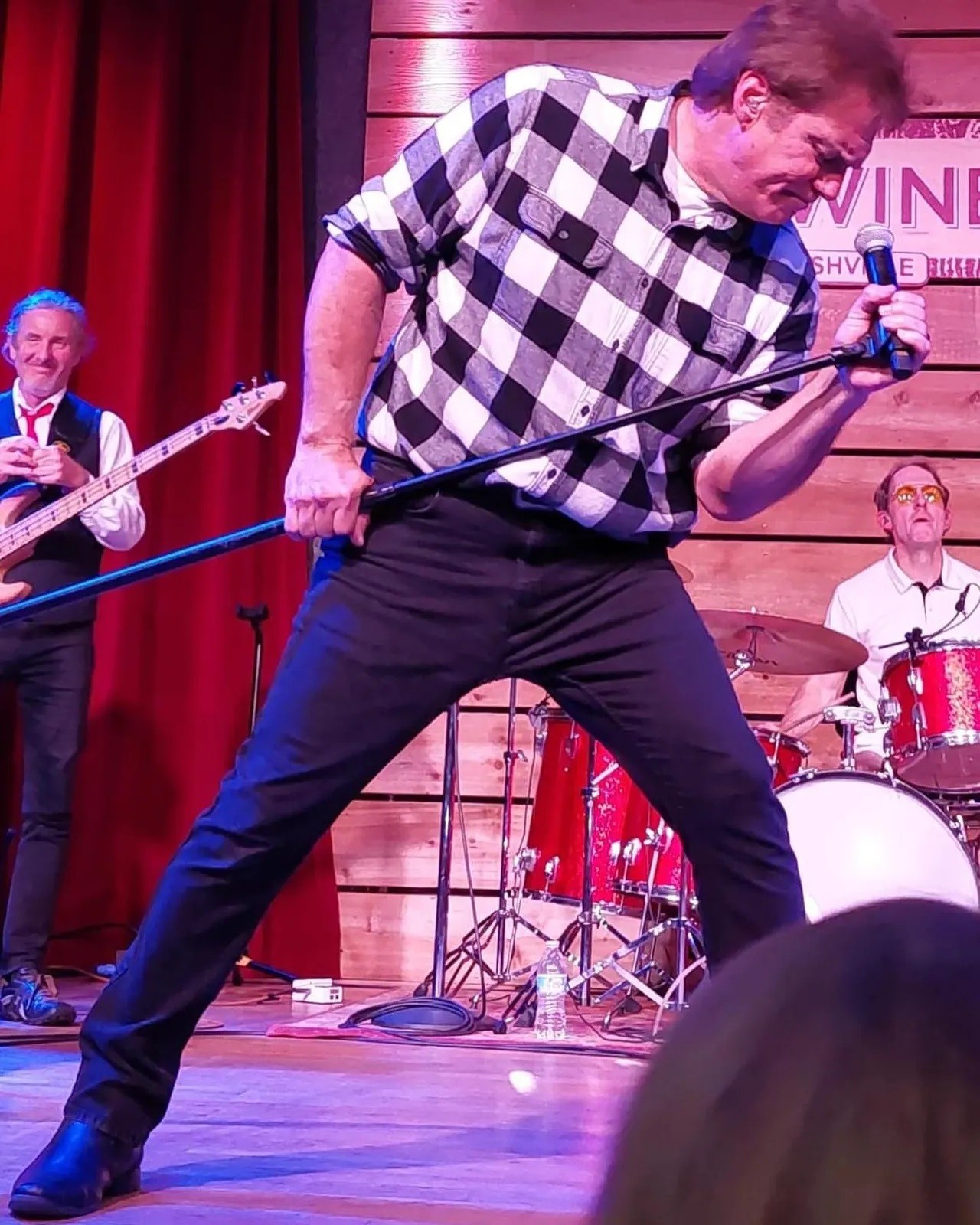
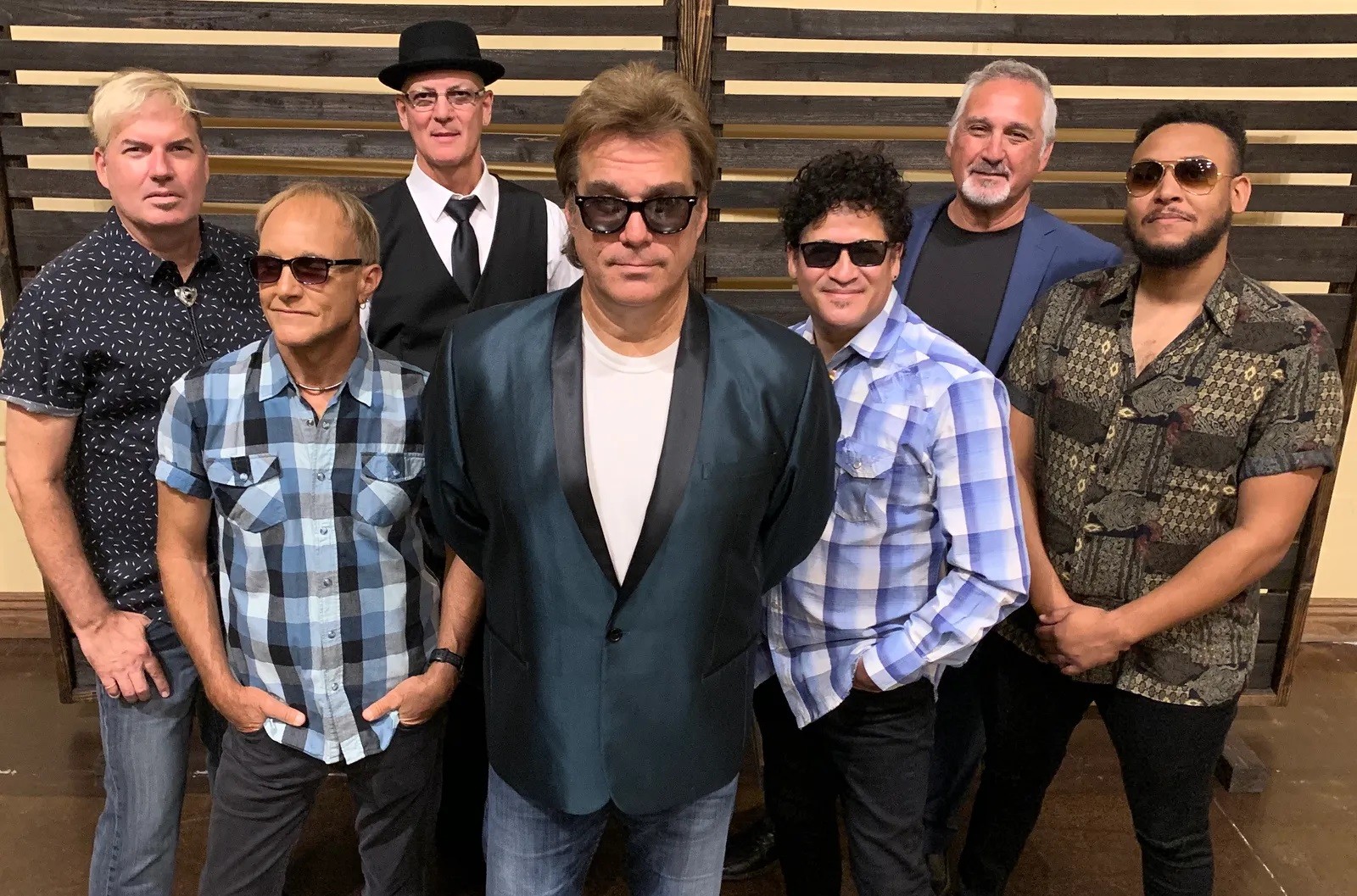
Contact Info:
- Website: https://hueytribute.com/
- Instagram: https://www.instagram.com/hueytribute/
- Facebook: https://www.facebook.com/HueyTribute/
- Linkedin: www.linkedin.com/in/roger-langdon-73603537
- Twitter: https://twitter.com/HueyTribute
- Youtube: https://www.youtube.com/@hueytribute


